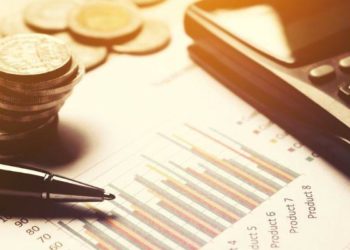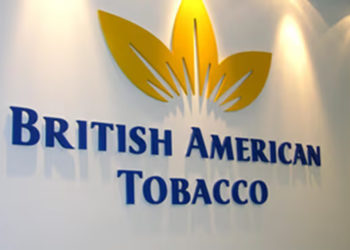The high cost of living is sometimes driven by forces beyond our control, like the war in Ukraine and, closer home, drought.
The debate over taxes is made hot because of the involvement of the political elites. Corruption has all of a sudden dropped off the headlines and been replaced by the high cost of living and taxes. Yet the three items are interlinked
Higher taxes, while covering the deficit, lead to higher prices and impact the cost of living. Taxation has a demonstration effect – if the price of one item goes up, the other items also tend to go up even when it has no tax loaded on them.
The higher prices as you load more taxes could depress demand, leading to lower tax revenues.
Read: Living Cost Soars as Inflation Rate Hits 9.6 Percent
Corruption, too, raises the cost of living. Bribe givers “recover” their costs with higher prices. The innocent pay the price of corruption. What next, then? The political promise that prices would go down was just that.
What was to change after the polls? It becomes even more interesting when subsidies for several commodities were removed, raising prices further.
The best alternative to subsidies is to let the market do its work, but they should be well-regulated. Competition forces efficiency. Think of the Nairobi-Nakuru route and all its matatus. The fare is likely to remain low because of the many Saccos and their matatus. Think of a route dominated by one Sacco.
Food drives inflation because we must eat. When you stabilize prices, you stabilize the whole economy with more productive workers, setting a chain reaction of economic growth.
The other sector that drives inflation is energy. Unlike food, where we have good control over the supply, we do not have much control over energy.
Read:5 Tips To Lower Your Living Costs
Until electric cars become mainstream, we are unlikely to wean ourselves off oil dependency. With the oil supply falling in the wake of the war in Ukraine and demand after the opening of China, we find ourselves victims of global trends.
Renewables are not that mainstream yet, but they are the future. Add the fact that like food, we must travel to work or seek other services.
Telcos have become an alternative to travel as Covid-19 demonstrated. Working from home is for the elite; the hoi polloi must leave their home in search of work.
Transport is mostly in private hands and there is little integration between road, rail, and air, which further raises the cost of transport as you change from one mode to another.
The two sectors illustrate why a rise in prices is inevitable. Add the weak shilling, and our imports become more expensive. This is reflected in the prices. We must add political uncertainty.
Remember the polls were too close to call? What next? If it rains and the new regime’s economic direction becomes certain, prices will stabilize. But injecting more competition is the way to go. Subsidies should be used as first aid.
Email your news TIPS to editor@thesharpdaily.com

















